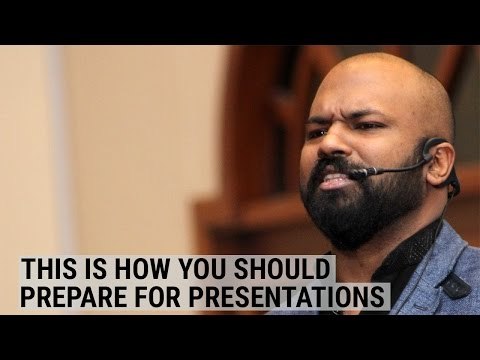Mind and Cosmos: Philosopher Thomas Nagel’s Brave Critique of Scientific Reductionism | Brain Pickings
Tina Miller, MA,CFLE stashed this in science
Stashed in: Religion, Awesome, Philosophy, Soul, @brainpicker, psi, critical thinking, philosophy
To be sure, Nagel is far from siding with the intellectual cop-outs of intelligent design. His criticism of reductive materialism isn’t based on religious belief (or on any belief in a particular alternative, for that matter) but, rather, on the insistence that a recognition of these very limitations is a necessary precondition for exploring such alternatives, “or at least being open to their possibility” — a possibility that makes mind central to understanding the natural order, rather than an afterthought or a mere byproduct of physical laws.
Nagel’s case for weaving a historical perspective into the understanding of mind particularly compelling:
The world is an astonishing place, and the idea that we have in our possession the basic tools needed to understand it is no more credible now than it was in Aristotle’s day.
[…]
The greatest advances in the physical and biological sciences were made possible by excluding the mind from the physical world. This has permitted a quantitative understanding of the world, expressed in timeless, mathematically formulated physical laws, But at some point it will be necessary to make a new start on a more comprehensive understanding that includes the mind. It seems inevitable that such an understanding will have a historical dimension as well as a timeless one. The idea that historical understanding is part of science has become familiar through the transformation of biology by evolutionary theory. But more recently, with the acceptance of the big bang, cosmology has also become a historical science. Mind, as a development of life, must be included as the most recent stage of this long cosmological history, and its appearance, I believe, casts its shadow back over the entire process and the constituents and principles on which the process depends.












10:05 PM Jan 24 2015